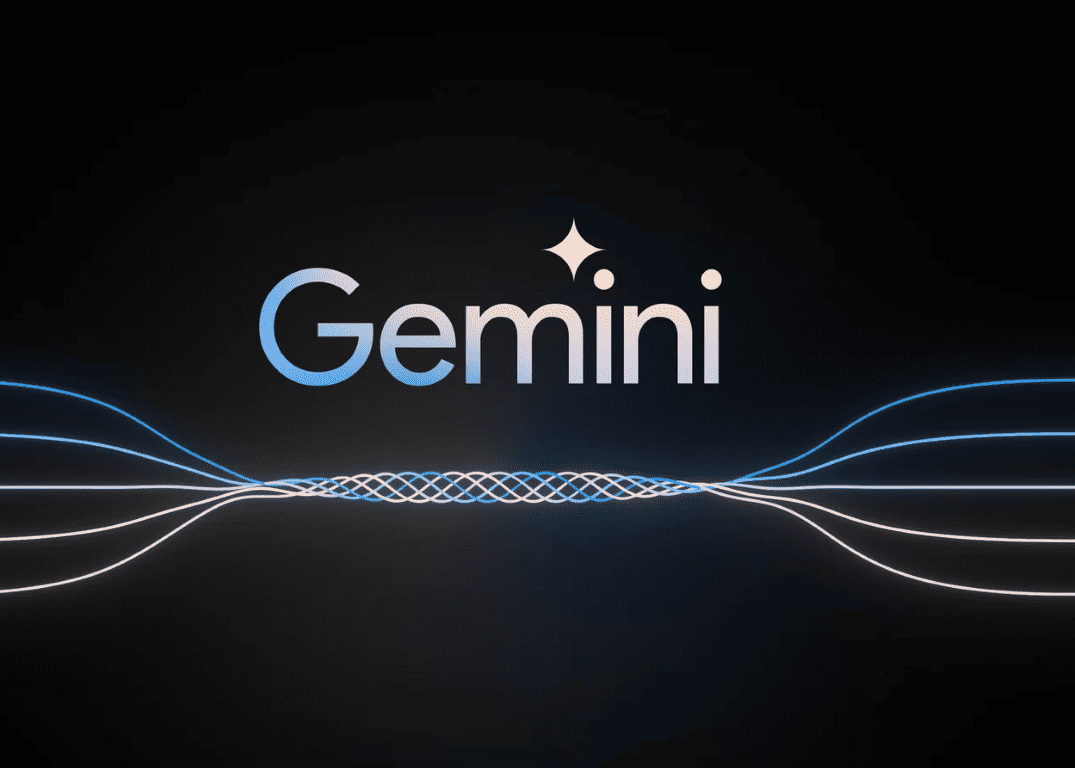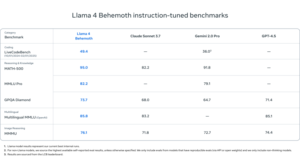Google Launches Gemini 2.5 Pro Featuring Integrated Reasoning Capabilities

Google is enhancing its leading series of Gemini artificial intelligence models with the launch of an experimental upgrade called Gemini 2.5 Pro.
Features of Gemini 2.5 Pro
Google claims that Gemini 2.5 Pro represents the pinnacle of its AI capabilities, equipped with advanced ‘thinking’ functions. These models are designed to handle tasks by breaking them down into multiple steps and logically processing each step before arriving at a conclusion. This methodology is aimed at improving both performance and accuracy in the AI’s responses.
Koray Kavukcuoglu, the chief technology officer at Google DeepMind, emphasizes that the analytical capabilities of an AI system extend well beyond basic classification and predictions. Effective reasoning involves a deeper level of information analysis, drawing logical conclusions while considering context and subtle details to make reasoned decisions.
Development Background
This advanced reasoning feature was initially rolled out with the Gemini 2.0 Flash Thinking Experimental AI model, which was introduced in December. Google utilized innovative techniques such as reinforcement learning and chain-of-thought prompting to build this model.
With Gemini 2.0 Flash Thinking, users had the option to enable the thinking feature simply by clicking a button while entering a prompt. This allowed the model to articulate its reasoning process, giving users insight into how it reached its conclusions.
Performance Improvements
Google no longer labels its new models as “Thinking,” but the advancements in Gemini 2.5 Pro indicate a significant enhancement in performance. According to the company, it is now the most effective model for tackling intricate tasks and has consistently outperformed the original version.
Gemini 2.5 Pro achieved the highest score on the LMArena ranking, which measures performance based on human evaluations. It also scored 18.8% on Humanity’s Last Exam, a dataset crafted by experts to assess human-like reasoning and knowledge. In comparison, OpenAI’s o3-mini received a score of 14% and DeepSeek R1 scored 8.6%, both of which are models also aimed at complex reasoning tasks.
Kavukcuoglu highlighted that the focus has remained on improving coding capabilities and that Gemini 2.5 showcases substantial progress compared to its predecessor, with further enhancements expected soon.
Demonstration of Capabilities
To illustrate the model’s advanced capabilities, Google researchers tasked Gemini 2.5 Pro with creating an endless runner video game featuring a dinosaur, all written in HTML, CSS, and JavaScript, based on just a single prompt. The model successfully completed this in one attempt.
Contextual Expansion
The experimental Gemini 2.5 Pro has a context window that can handle up to 1 million tokens, enabling it to process extensive documents, audio, and video files—approximately translating to around 1.5 million words. Google has plans to enhance this capacity to 2 million tokens in the future.
This large context window, combined with its high performance, equips Gemini 2.5 Pro to serve as a robust foundation for AI agents. This feature enables them to effectively manage large datasets and address complex problems more adeptly. Since AI agents can operate and strategize autonomously, the model’s enhanced reasoning skills are expected to considerably improve their understanding of data and their ability to use tools for task execution.
Availability for Developers
Currently, developers and business users can explore Gemini 2.5 Pro through Google AI Studio. Users of Gemini Advanced can directly select this model on both desktop and mobile platforms. In the weeks ahead, the model will also be accessible to users of Vertex AI, Google’s managed machine-learning service that supports the building and deployment of AI systems.






